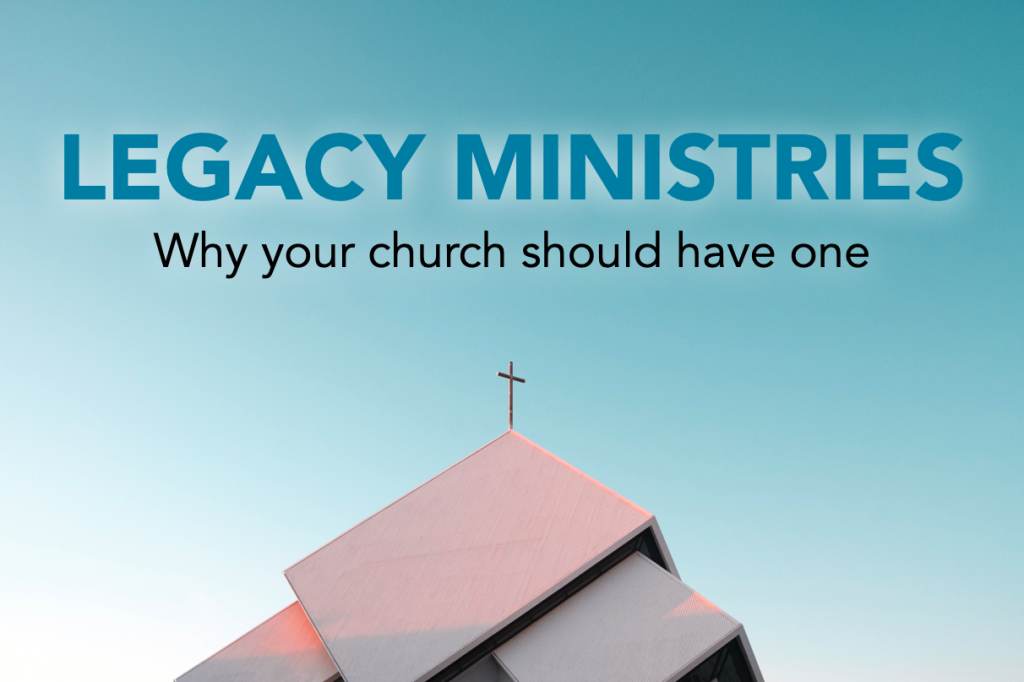10 for Tenn | An investment with eternal impact

Forever Impact God’s Kingdom Through “10 for Tenn” By Rev. Bill Gruenewald, President-Treasurer Since 1938, the Tennessee Baptist Foundation has been working to ensure that Baptist Churches in Tennessee are equipped to do the work of the Kingdom. Through the generosity of committed believers like you, we have been able to support churches, fund mission […]
Operation Legacy Benefitting Pastors

Operation Legacy Benefitting Pastors by Rev. Bill Gruenewald [This article originally appeared in Baptist and Reflector in October 2021] In March 2021, the Tennessee Baptist Mission Board (TBMB) and the Tennessee Baptist Foundation (TBF) launched an initiative to help all Tennessee pastors and ministers get their estate plans in place. We partnered with PhilanthroCorp, a […]
Advance Care Directive: More Comprehensive Than A Living Will

In 2017, Tennessee created a new form that consolidates the information of a Living Will with other vital estate planning documents. Click to learn more.
Why Your Church Should Have a Legacy Ministry

Why Your Church Should Have a Legacy Ministry By Rev. Bill Gruenewald A legacy ministry is a powerful way to propel your church’s mission for years to come. It provides an additional stream of steady income for your church, allowing the congregation to continue its Kingdom work well into the future. Unfortunately, many churches miss […]
What is a Last Will and Testament?

The Tragedy of Dying Without a Will With the new year comes a fresh start. (And has there ever been a year in which we’ve longed for a fresh start more strongly than this one?) As you consider the year before you — a blank slate, ready for you to make your mark upon — […]
3 Reasons to Make Estate Planning Your Easiest New Year’s Resolution

The key to a successful new year’s resolution is to be realistic. It’s great to have goals, but going from never exercising to hour-long workouts seven days a week is probably not a sustainable resolution. One resolution you can easily accomplish this year is estate planning. Many people feel like they don’t own enough to […]


